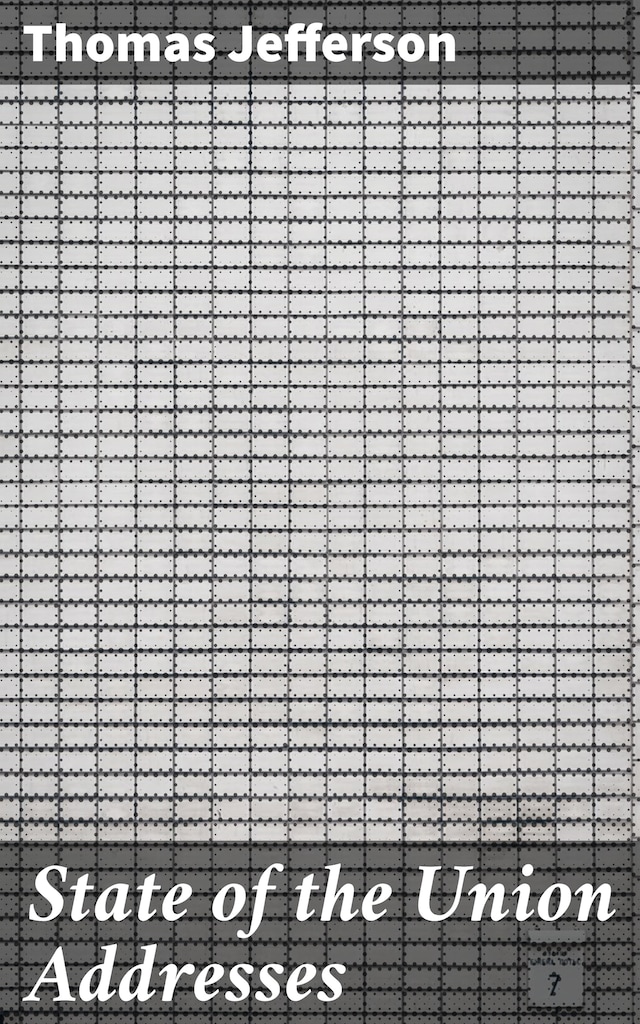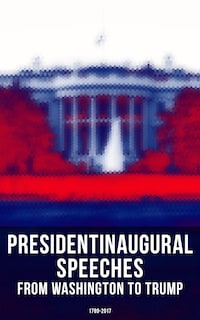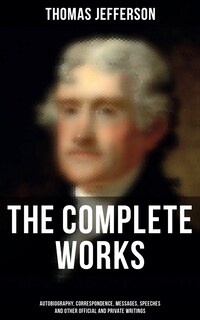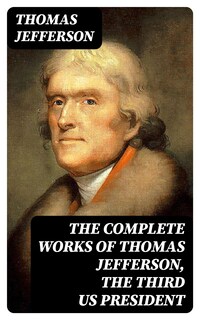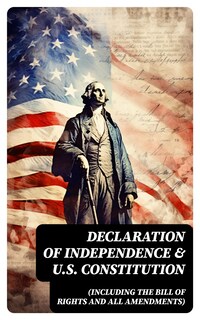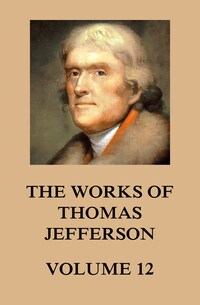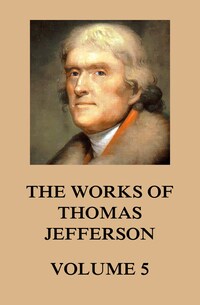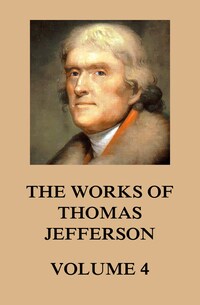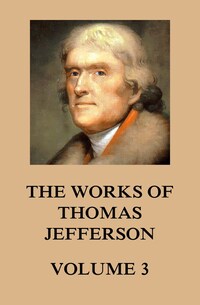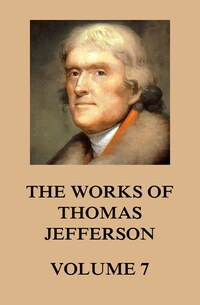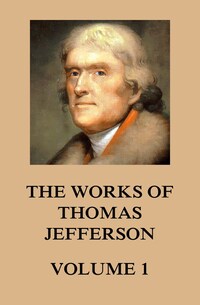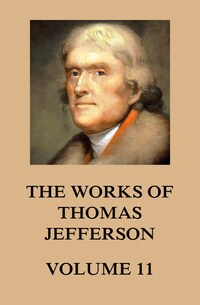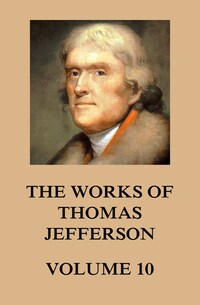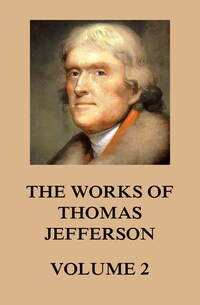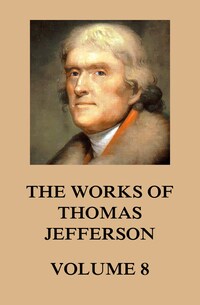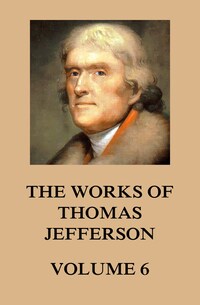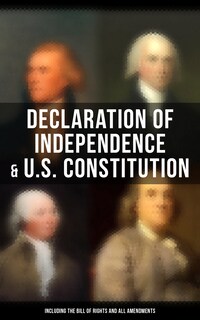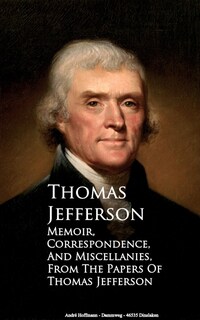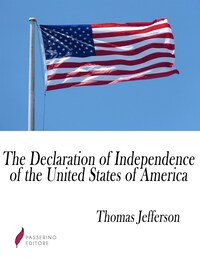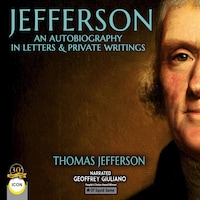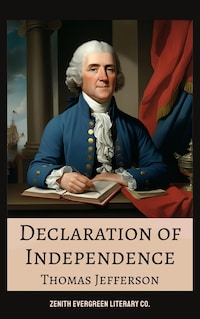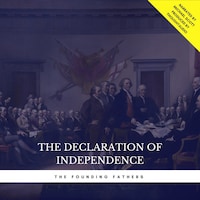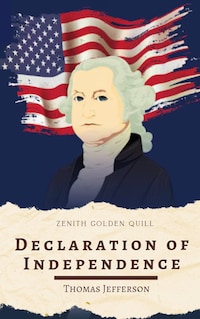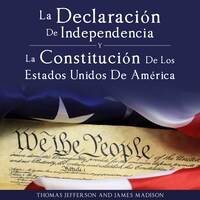State of the Union Addresses
Essential Insights into Jeffersonian Democracy and American Nation-Building
Description of book
In "State of the Union Addresses," Thomas Jefferson articulates his vision for the fledgling United States, encapsulating the political, social, and economic realities of the early 19th century. Written in a style that marries clarity with eloquence, these addresses delve into pressing issues such as governance, national unity, and foreign relations. Jefferson'Äôs rhetoric is notable for its Enlightenment influences, drawing upon principles of democracy and human rights, while embracing a pragmatic approach to the newly formed government'Äôs challenges. The historical context of these addresses highlights Jefferson's role at a time when the nation was still defining its identity and direction amid uncertainties and strife. Thomas Jefferson, one of the Founding Fathers and the third President of the United States, had an unwavering commitment to democratic ideals and an intimate understanding of governmental philosophy. His experiences in drafting the Declaration of Independence and navigating the complexities of early American politics equipped him to address the nation in ways that resonated with Enlightenment thought. Jefferson'Äôs advocacy for liberty and his vast intellectual pursuits are evident throughout these addresses, making them foundational texts for understanding the trajectory of American democracy. "State of the Union Addresses" is essential reading for anyone interested in American history, political theory, or the evolution of democratic governance. Jefferson'Äôs insights remain relevant, offering a timeless exploration of the principles that underpin the American political landscape. This collection invites readers to reflect on the challenges and triumphs of the early republic, encouraging an appreciation for the ongoing relevance of Jefferson'Äôs thoughts and ideals.
 Thomas Jefferson
Thomas Jefferson 72 Pages
72 PagesFill your life with stories
from €10.99/month
Enjoy a world of audiobooks and e-books. No commitments. Cancel at any time.
